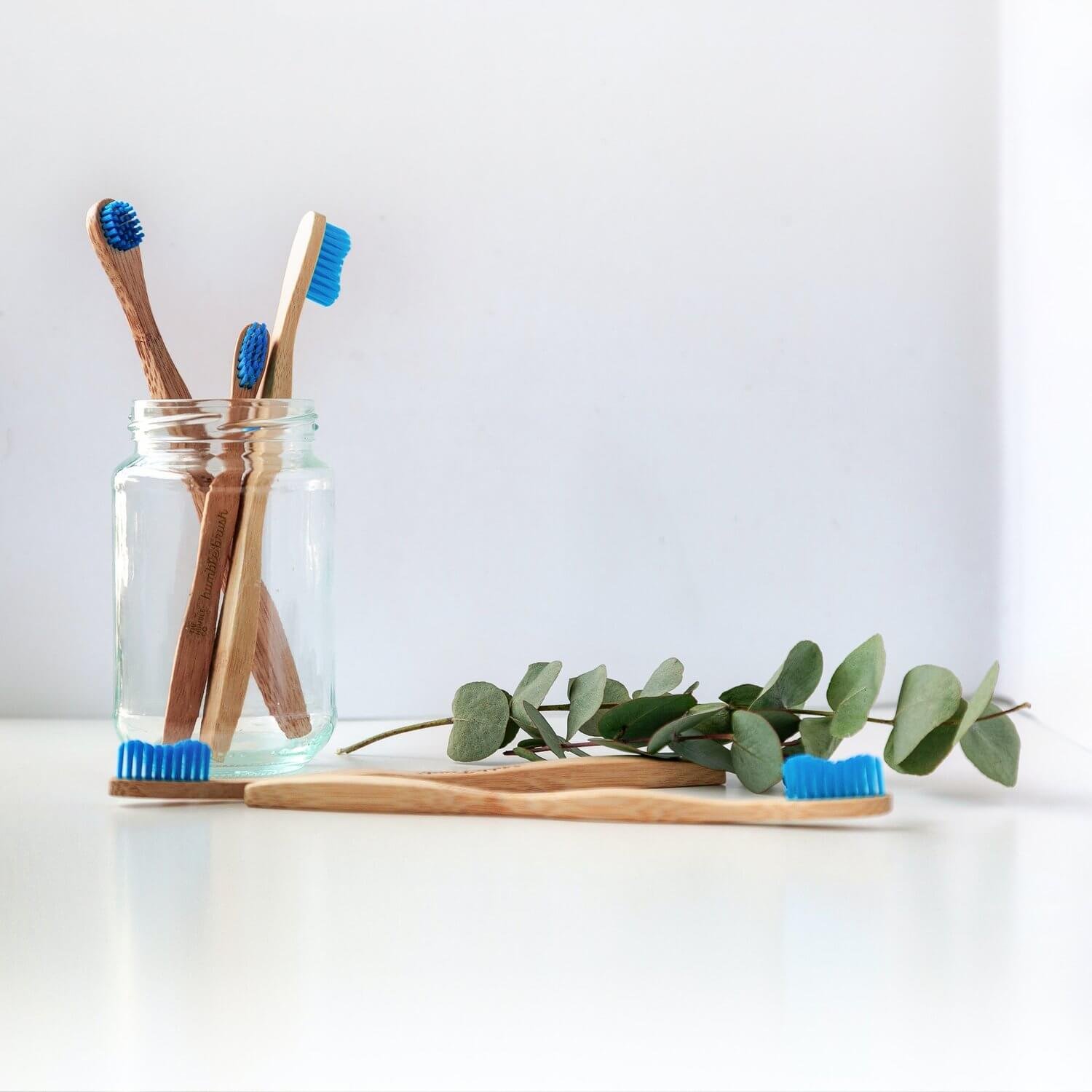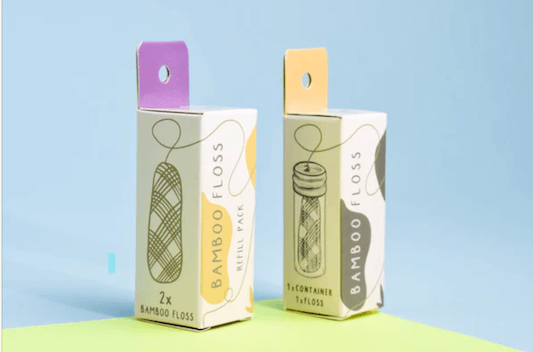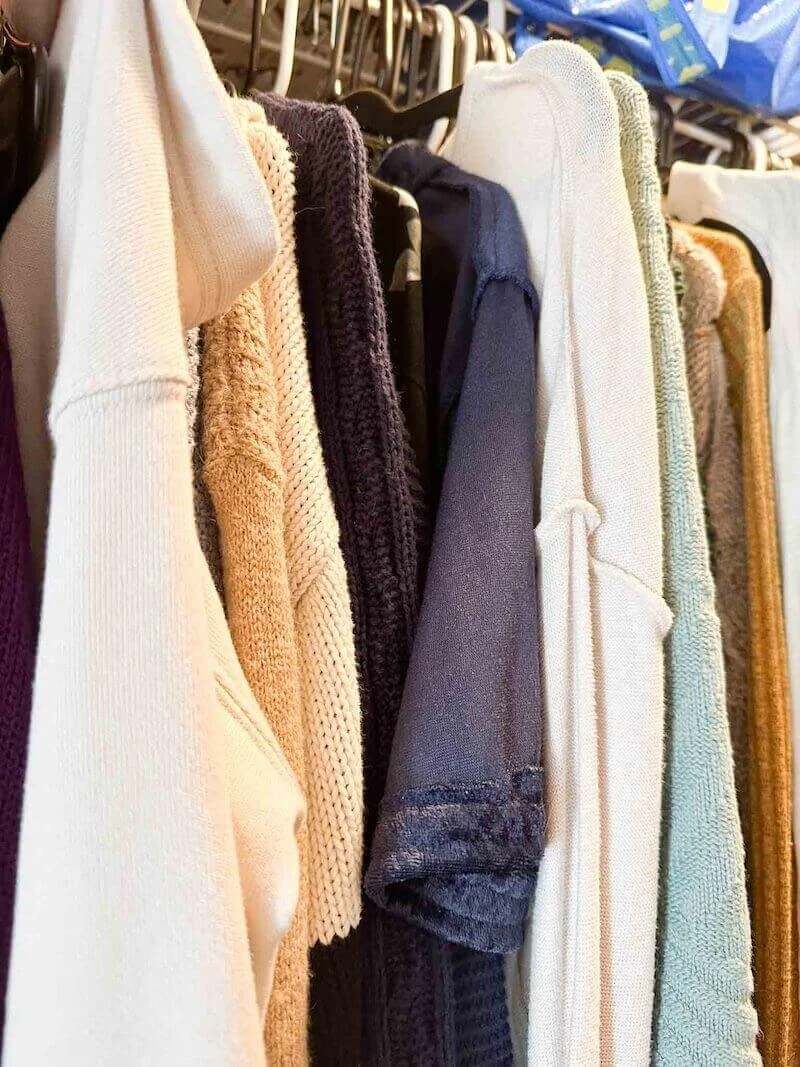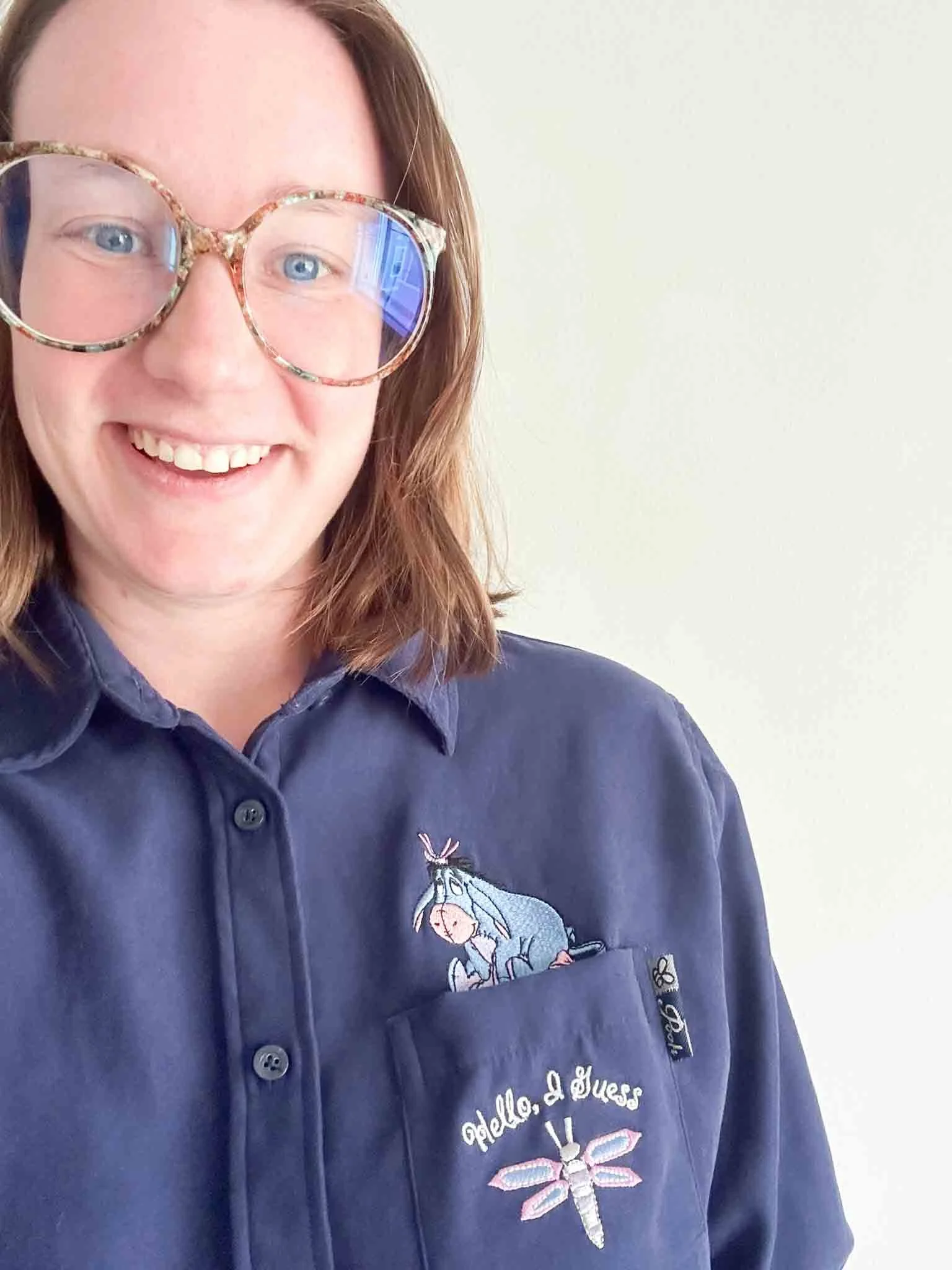The Best Natural & Non-Toxic Eco-friendly Floss
To keep your pearly whites not only white but healthy too, it’s recommended you brush your teeth twice a day – and remember to floss.
Flossing is a good oral hygiene habit that can help prevent gum disease and tooth decay by removing plaque and small pieces of food.
It can also help protect you against periodontal disease, dental abscesses, and tooth loss.
However, a new study on the potential toxicity of dental floss may have given some consumers pause about adding it to their shopping baskets.
This post does contain some affiliate links which means The Honest Consumer will receive a commission if you decide to purchase, however, at no additional cost to you! This guide is a resource, but we encourage you to talk to your dentist about the best type of floss for you based on your oral health.
Is Floss Toxic?
The aforementioned study, published in the Journal of Exposure Science & Environmental Epidemiology, found higher levels of PFHxS (perfluorohexanesulfonic acid), a PFAS compound, in women who flossed with Oral-B Glide compared to those who did not.
PFASs (perfluoroalkyl and polyfluoroalkyl substances) are manmade chemicals used in many products for their water- and grease-resistant properties.
These chemicals are used in dental floss to make it glide easily between teeth. But what goes into your mouth can enter your body and bloodstream and PFASs can bioaccumulate, building up in the body and taking a long time to break down.
High or regular exposure to PFASs may have adverse health effects.
While the links are contentious, growing evidence has made connections between PFASs and liver and thyroid diseases, fertility issues, an increased risk of cancer, and difficulty with body weight regulation in women.
If dental floss contains fluorine, this is usually a marker that it contains PFAS chemicals.
Additionally, regular floss is usually made from plastic which may contain phthalates and bisphenols, both of which are linked to endocrine disruption.
Traditional floss is also often flavored.
As with fragrances, a brand is not required to list what ingredients make up flavoring, meaning there could be any number of harmful chemicals lurking in the floss that you are not informed of.
Are There Environmental Impacts from Floss?
The PFASs present in conventional dental floss not only have the potential to bioaccumulate in your body but in the environment too and that of animals. And then there’s all the plastic.
Nylon and polyester, plastic materials derived from petroleum, are popularly used for floss. Plastic floss enters the environment when thrown away, contributing to plastic pollution as it enters waterways and landfills where it breaks down slowly, leaching chemicals in the process. It doesn’t end there.
There is also all the plastic packaging to consider, from the plastic dispensers to the plastic packaging they’re encased in.
While flossing can increase your exposure to PFASs and contribute to plastic pollution, it’s important to bear in mind the adverse effects that can result from not flossing.
If you want to ditch conventional floss as a way of lowering your exposure try shopping for eco-friendly, non-toxic floss.
3 Non-Toxic Floss Brands for Eco-friendly Flossing
If you're looking for some zero waste and natural dental floss options these brands of floss are a great starting place!
Discover different types of floss including natural silk floss, coconut floss, biodegradable floss, and more.
You're sure to find an eco-friendly floss option you'd like to try.
EcoRoots Zero Waste Bamboo Floss
EcoRoots provides a variety of eco-friendly and low-waste products for your home. Their bath and body range includes dental floss made from activated charcoal, organic bamboo fiber, and organic essential oils, coated with vegan candelilla wax.
There is a second option, made from compostable, corn-based PLA. EcoRoots floss comes in a refillable glass dispenser.
The floss is free from gluten, preservatives, coloring, and artificial sweeteners.
Shipping is plastic free, with packaging consisting of materials that are reusable, recyclable, or compostable.
Additionally, their products are vegan and cruelty-free and EcoRoots is a member of 1% of the Planet, contributing a portion of sales to environmental initiatives like the Ocean Conservancy. Plus they use plastic-free packaging which is great!
These eco-friendly flosses can be purchased from $10-$19.
Public Goods Floss Free from Parabens, Synthetic Fragrance, Sodium Lauryl Sulfates, and Phthalates
A sustainable brand committed to providing safer and healthier choices for you and the planet, Public Goods offers personal care and household products, as well as food, beverages, and pet food.
Their bath products include silk dental floss coated with peppermint candelilla wax and packaged in a refillable glass bottle.
Public Goods’ floss is free from parabens, synthetic fragrance, sodium lauryl sulfates, and phthalates.
Public Goods has partnered with Clean the World and Eden Reforestation Projects to further their sustainability and eco-friendly aims.
Public Goods silk dental floss is our most affordable recommendation under $6.
Dental Lace’s Sustainable Floss
It’s all in the name, Dental Lace: this sustainable brand is all about producing dental floss. Based in Maine, the husband and wife team behind Dental Lace has created a product that minimizes the waste created from a necessary habit.
Dental Lace’s floss dispensers are refillable glass containers with stainless steel caps, and they also have certified compostable refill bags.
The rest of their packaging is made from post-consumer paperboard and the compostable labels are made from sugar cane fiber.
For your floss, you can choose from 100% silk or two vegan options: one made from bamboo charcoal-infused polyester and another made from a bioplastic known as PLA (polyactic acid).
Their floss is flavored with mint essential oil, but there are unflavored options too. Dental Lace furthers their zero-waste mission by supporting environmental organizations like 5 Gyres, Friends of Casco Bay, and Eco Action Arlington.
Dental Lace’s floss can be purchased for $12-$13.
Tips for Shopping for Non-Toxic Floss
To protect yourself and the environment, you can buy non-toxic dental floss plus apply a few other mindful tips.
Speak to your dentist.
Look for brands that put their products through safety testing.
Choose floss that does not contain PFASs. You may have to ask, as its inclusion is not normally disclosed.
Be wary of labels such as “coated” or “glides easily/smoothly”.
Coating alternatives include coconut oil, candelilla wax, and beeswax.
Don’t throw out nonstick pans, pots, or floss that contain Teflon, PFASs, or glide ability, but be more cognizant of what you purchase in future.
Avoid flavored flosses. Be careful of natural flavors as well: these may still be made with synthetic solvents, carriers, and preservatives.
Buy silk floss. There are also vegan options available made from bamboo or bioplastic. You can still opt for nylon or polyester. It’s still better to use these than to not floss at all.
Try floss alternatives such as interdental brushes.
Purchase refillable bottles such as reusable glass containers. Also consider cardboard containers or other recyclable and compostable packaging when choosing a brand. If this is a product used on a daily basis then you want to consider the amount of waste produced from the packaging.
Hopefully this guide has helped you find a safer product and learn what to look for when shopping for a better option for your floss.
Maybe you'll even decide to try one of the brands of dental floss listed above.
This is a great way to make your daily bathroom routine a little more sustainable. We hope you find a new favorite floss made with natural ingredients.
For more ethical & sustainable fashion tips be sure to follow The Honest Consumer on social media, subscribe to our newsletter, & check out the Ethical & Sustainable Brand Directory.




















